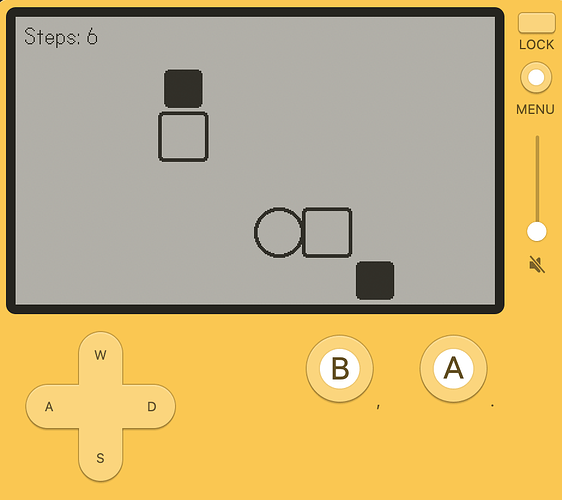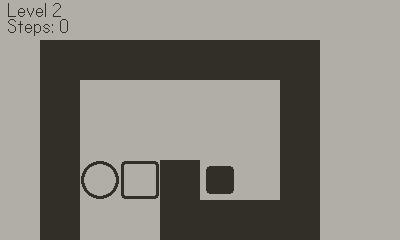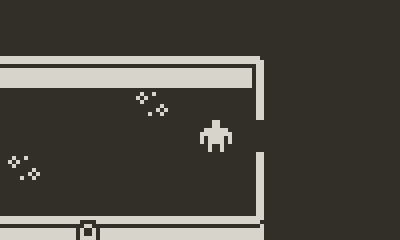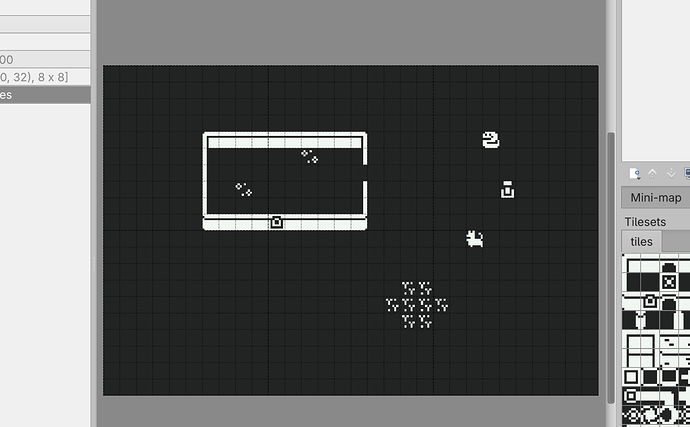Hi there! I'm writing a book titled Make Games for Playdate with Lua that's about, you guessed it, coding games for Playdate in Lua using the Playdate SDK. ![]()
It's currently in Early Access. I'm actively writing the book and am releasing it early so that I can get feedback from readers throughout. This is the book I wish I had when I started digging into making games with Playdate. I've written a couple of other technical programming books before, and I think the Playdate community would really benefit from having a comprehensive, beginner-focused book on how to get started.
Inside Playdate is absolutely an essential reference, but something a bit more guided will help get more people just started out into making games for Playdate. ![]()
You can get the book here:
There's a free sample available that includes the first three chapters! ![]() The web version of the sample can be read here.
The web version of the sample can be read here.
Make Games for Playdate with Lua is primarily targeted at beginners with no experience writing code or making games. It covers the fundamental concepts of programming from functions to variables to tables to conditionals. If you're an experienced programmer looking to learn how to make games for Playdate, you'll fly through the book and find the examples of how to use the Playdate SDK helpful.
In each chapter you'll code a different small game, learning new concepts that build upon that last chapter. Throughout the chapters there are Bonus suggestions that encourage you to experiment and learn on your own.
All of the source is available on GitHub, broken down by section in each chapter:
Table of Contents
Here's what's completed and what's planned:
- Introduction
 — get yourself and your computer ready for making games for Playdate
— get yourself and your computer ready for making games for Playdate - Hello, Playdate!
 — display text and move it around the screen
— display text and move it around the screen - Tennis
 — make a simple single-player Pong clone that uses the crank to move the paddle
— make a simple single-player Pong clone that uses the crank to move the paddle - Clock
 — coding a simple clock app
— coding a simple clock app - Snake
 — homage to the Nokia classic
— homage to the Nokia classic - Soaring
 — crank-powered infinite flying game
— crank-powered infinite flying game 
- Sokoban
 — with level parsing from text files
— with level parsing from text files - Dungeon Crawler
 — making a turn-based RPG where you progress through dungeon floors
— making a turn-based RPG where you progress through dungeon floors - Playdate by Example
 — focused examples on how to use various parts of the SDK
— focused examples on how to use various parts of the SDK
This is very subject to change, but I'm aiming for about 10 chapters, with each chapter being its own project.
Topics covered so far:
- Drawing text
- Drawing shapes
- Game loop
- Screen positioning
- Variables
- Tables
- Conditionals
- Playing sounds with the MIDI synth
- Player input with buttons and crank
- Functions
- Refactoring code
- Save data
- Adding a Playdate menu option
- Parsing and rendering custom levels
- Scene switching
- Menus
- Organizing code into multiple files
Topics I want to cover:
- Drawing & animating sprites
- Combat systems
- Playing music
- Debugging code
- Polish / juice
Bonus
Here are games from the book that I've polished up and released separately as reference:
What's Next
I'm going to keep writing new chapters for the book! I've got a pretty clear sense of what I'd like to cover in the book. I'll post updates in this topic as I publish new chapters and have news to share.
If Make Games for Playdate with Lua is received well and there's interest, I'd like to record video versions of the chapters and explore making a print edition. Let me know what you'd like to see! Are there any specific topics you'd like to see covered or styles of game that'd be helpful to have explained in depth?
I'll post updates when new chapters are published or there's significant news with the project. Feel free to report any issues here. Thank you!









